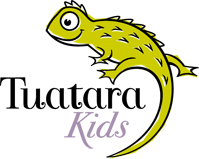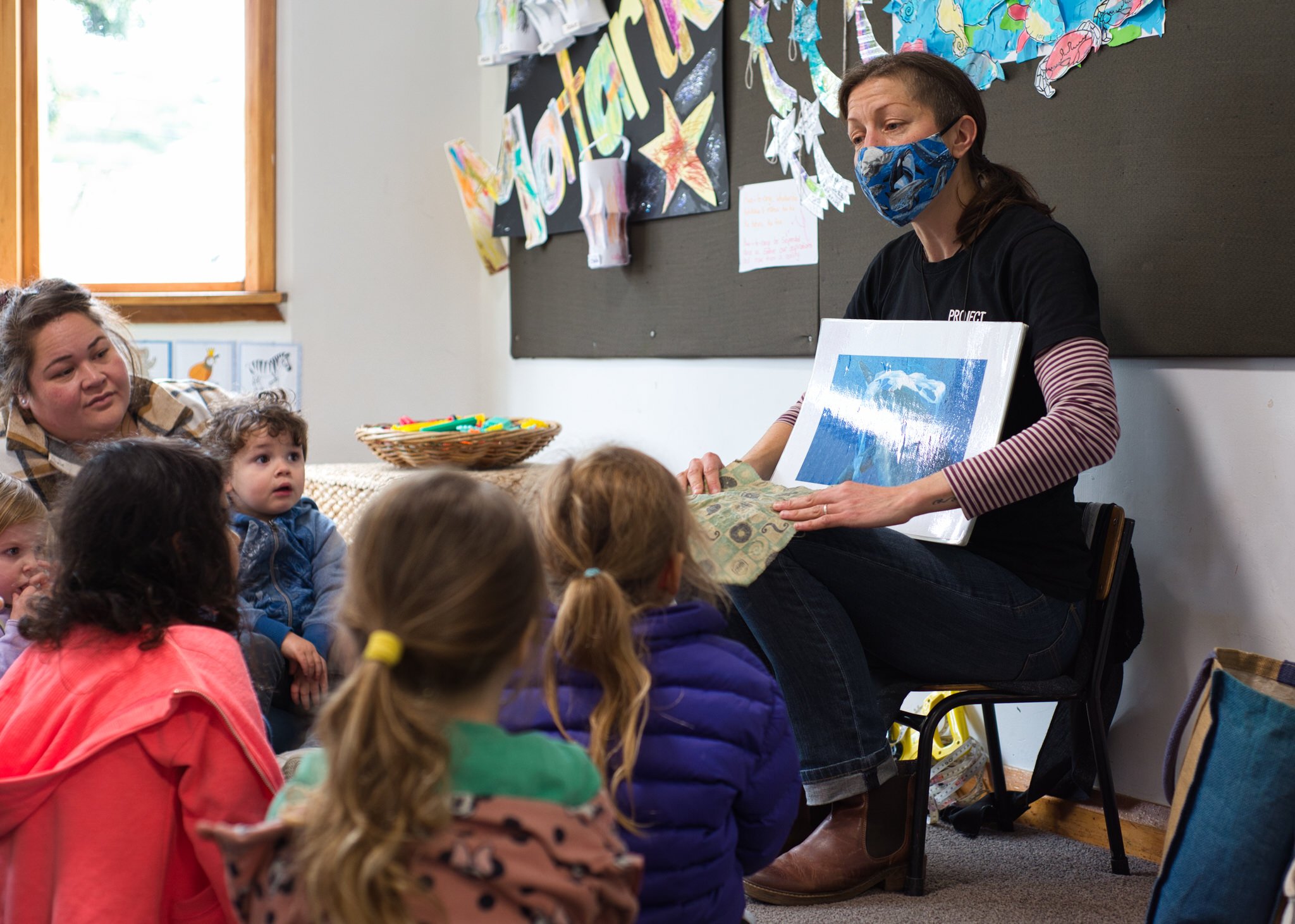Tuakana-Teina / AKO
“Mā te Tuakana kā tōtika te Tēina. Ma te Tēina kā tōtika te Tuakana”. (The younger sibling learns from the older and the older sibling learns from the younger).
At Tuatara Kids we believe that tamariki bring with them their own moihotanga (prior knowledge & experiences). Our role as kaiako is to foster and strengthen this already existing knowledge and empower the mana of each child to stand confident in themselves to share this matauranga with their peers, kaiako, whanau and others. The notion of Tuakana/teina relationships sits under the concept of ako where in any moment throughout the day a tamaiti can take on both the role of a Tuakana and or teina depending upon the situation or experience. We believe that this priority reinforces and sits beside the 3 other learning priorities of Tuatara Kids: Partnership, respect and exploration.
Early childhood Education research indicates that strong supportive relationships promote a child’s brain development in the early years (0-3yrs), especially the parts of the brain that are active in social and emotional function (Seigal, 1999). Research also shows that children with secure relationships are more likely to explore the world around them, (Bernhardt, 2000) have a positive sense of self and be able to regulate their emotions. (Rolfe, 2004). All of these attributes contribute to children’s overall learning and development, enabling them to “grow up as competent and confident learners and communicators” (Ministry of Education, 1996).
Primary Care-giving in Teina Room for our Pepe (tamariki under the age of 2)
Parents will always be the most important people in a child’s life. At Teina room, it is important for our young pepe to form a close relationship with another adult, their assigned kaiako, who they feel secure and comfortable with, in their parents’ absence. Our pepe learn to trust their own kaiako and feel comfortable within the wider centre environment.
Your pepe’s primary care kaiako assumes overall responsibility for daily communication and information shared with you, your pepe’s well-being, learning, and development. The primary kaiako is also responsible for understanding our pepe on a deeper level, their routines, likes and dislikes, and for sharing this knowledge with the teaching team. They are also responsible for supporting and documenting the pepe’s development and learning, in their learning journal. If your pepe’s primary kaiako is away, they can rely on the supporting kaiako for support. As they become more comfortable at the center they may choose to have their routines done by other kaiako. This is the child’s choice that the team will always accept.
Key Kaiako in Tuakana Room for our Pakeke (tamariki over the age of 2)
When your pepe indicates they are ready to transition to Tuakana they will be supported to settle into the Tuakana environment over a period of time. We understand that tamariki are unique in their own personalities, and therefore our transition process is personalised to suit individual needs. We invite you to be involved around this process. Once they are settled in the Tuakana space, the key kaiako steps back slightly to allow the pakeke to strengthen their relationships with other kaiako. Then a team approach is taken for their well-being. Although your pakeke are cared for by the teaching team, our team works with continuity of care at the forefront, meaning that there is consistency with the same kaiako in the sleep room, at kai table, or supporting them with toilet learning, each week.
Your pakeke’s key kaiako continues to be responsible for supporting and documenting learning and assessments, and compiling these into their learning journal, whilst inviting contributions from other kaiako and from families. Our kaiako also works with local school to support our older pre-school pakeke to ensure a smooth transition.

